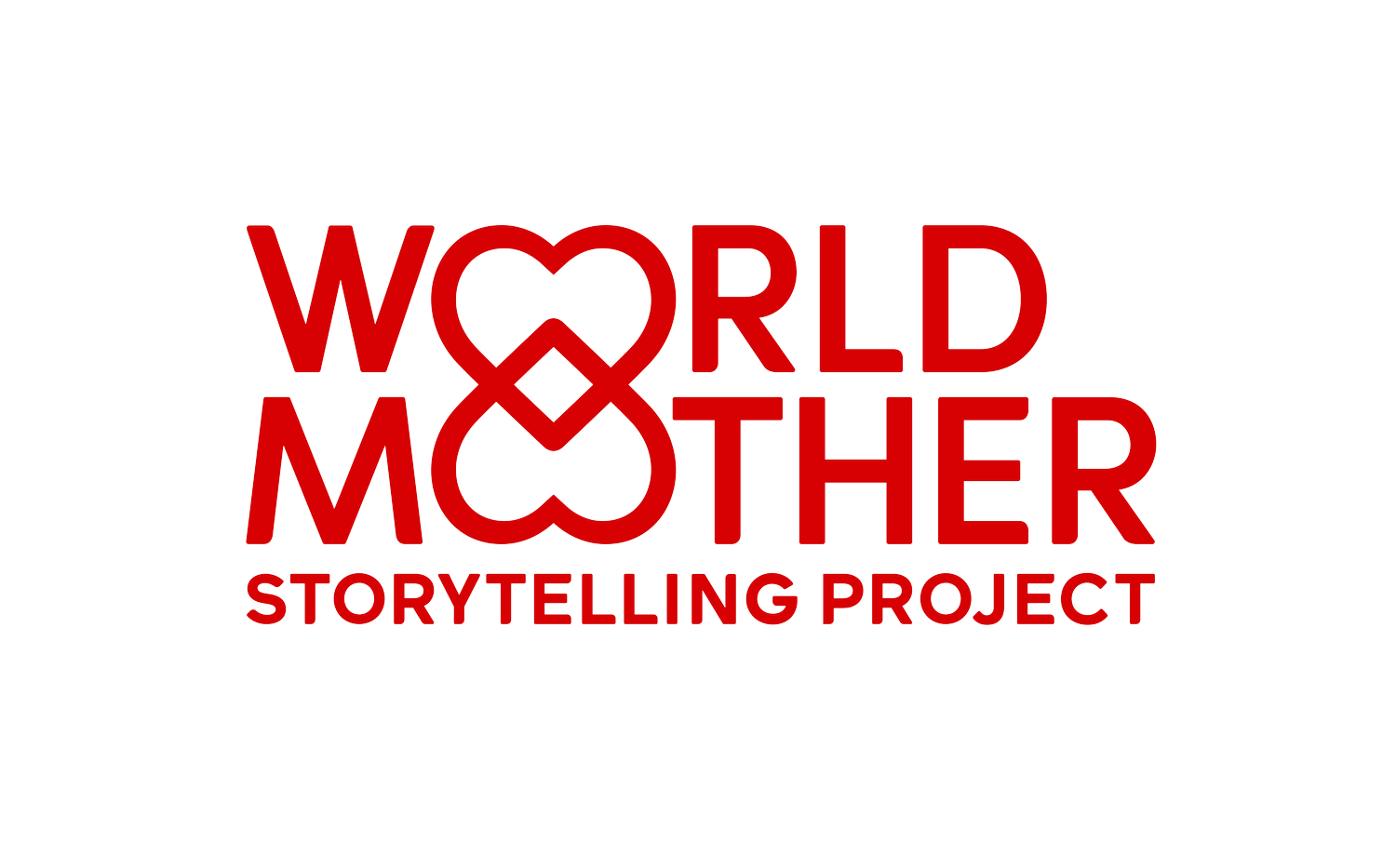Origin Story
David and sat down at Flor De Mayo Restaurant on 100th Street and Broadway for a big Martini favorite dinner of rice, beans and pollo ala brasa and a vodka martini. Standing, to leave I picked my phone which had been faced down on the table. I’d missed 16 calls, all from my sister. Which could only mean one thing: something had happened to my parents who live in Johannesburg. I dialed her number.
“Where have you been?” she chided . “Mom and Dad have been carjacked. At gunpoint and held hostage for over three hours.
Though my tightening throat, I squeezed out : “Are they okay?”
Belinda knew they were alive, but had no idea of whether or not they'd been hurt.
It was 9:00 p.m. in New York, too early to call Johannesburg. I tried to imagine my parents—my father, already slipping into the fog of dementia, and my mother, —enduring something unimaginable.
The next morning, at 7:00 a.m. Johannesburg time, I called home. My mother answered, her voice as cheerful as always. “Hello, darling,” she said, as if nothing at all had happened.
“Mum,” I said, cutting her off. “Never mind me. What happened?”
They were visiting friends in a tree lined suburb. My father waited in the car while she rang the buzzer. That’s when the other car appeared. Four men, armed armed with guns surrounded her.
Without a sound, she handed over her rings, her watch, her purse. Another car rounded the corner, its headlights illuminating the street. To avoid being seen, the men shoved her into the back seat of her car, one on either side, and seeing my father sitting in the front, one got behind the wheel.
They drove, ordering my parents to keep their heads down. “I realized,” my mother told me, “that you only die once. And this was how your father and I were going to die.” Such was the usual story: people dragged out of their cars and shot, lest they alert the police who could track the car down via the GPS.
But my mother didn’t panic. She turned her head slightly, taking in the route, recognizing where they were headed: the abandoned gold mines, barren and remote. She knew the place well. She knew what it meant, because stories of such incidents abounde: people dragged out of their cars and shot, their bodies left in the road/. Please don’t hurt my husband,” she said softly. “He’s a very sick man.”
They stopped the car, guns raised, motioning for them to get out. But my mother refused. “I’m not leaving,” she said, her voice resolute. “You are not doing this to us.”
Her refusal unsettled them. Eventually, another car arrived, and my parents were transferred, driven around for hours as the thieves worked to disable the police tracker in the car. During that time, my mother did what she has always done—she connected.
She asked them why they did this. One of them, perhaps embarrassed, admitted, “We don’t want to hurt people. We have no other way to make a living.” I understand, said my mother. Some times people have to resort to desperate measures simply to survive.
My mother apologized—for the pain they’d endured, for her complicity as a white person in a broken system—but she didn’t let them off the hook. “You have no right to do this,” she told them. “You should find another way.”
And somehow, amidst this chaos, a fragile, human connection emerged. They spoke of their children, their families. They stopped three times to buy water for my father, whose mouth kept drying out. And finally, when the tracker was disabled, they dropped my parents off at my father’s assisted living facility.
How did my mother no no how to deal with this situation, which could so easily have had another outcome with her and my father's corpses lift in the road ? Where did she learn these skills of survival? How was she able to keep her cool, not panic and know exactly what to say to her captors to break down the barriers between them them?
The answers reside in my mother's own story. firstly, she experienced poverty in her own childhood, so she understood the desperate measures people have to take to survive. Secondly, my father, who suffered from mental illness, was often violent. She had to learn how to de-escalate his rages when they flared up. Thirdly, she is a musician piano teacher, so she knows the importance of listening and how to listen very carefully. These strategies of survival were not taught to her in school. She learned them directly from navigating her own life.
t took a terrifying carjacking to open my eyes to something incredible about my mother. That moment shattered how I used to see her and helped me realize her strength and courage in ways I couldn’t fully grasp before. Once I heard her story, I saw her in a whole new light and could finally put into words what I had always felt deep down. Here’s the thing: every single one of us has a mother, grandmother, or mother figure with untold stories of everyday heroism—stories that often go unnoticed. The World Mother Project is on a mission to change that by highlighting the wisdom, skills, and intelligence of mothers through art and storytelling.
